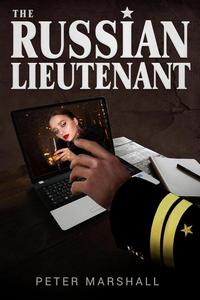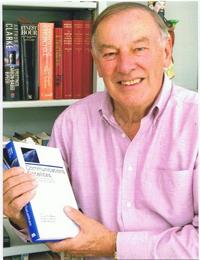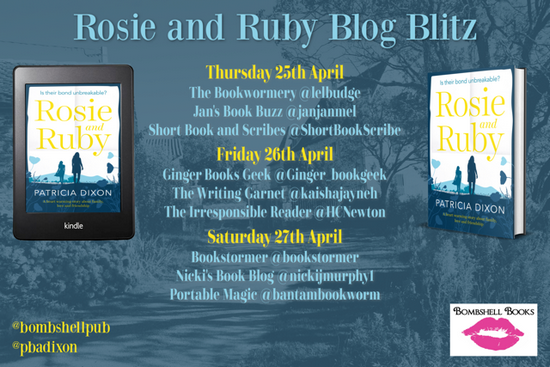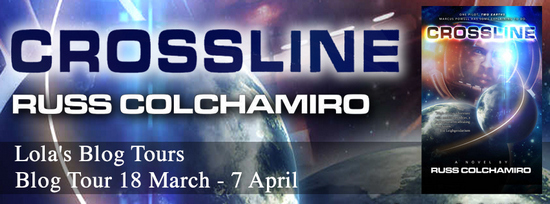As usual, I can’t hear that phrase without thinking of Baldrick and Blackadder…which, actually, is kind of fitting given where Andrew J. Harvey goes with his. I enjoyed this, hope you do to:
A Cunning Plan
It was during the process of developing the trailer for my Alternate History novel, Nightfall, the first book in my Clemhorn Trilogy, that I was shocked to discover how badly I had underestimated the general public’s knowledge of history.
I have always been interested in history, even taking one unit at University when I was studying there, and had perhaps foolishly believed that like myself, people were interested in the past. Particularly given George Santayana’s warning that: “those who cannot remember the past are condemned to repeat it.” Given the myriad mistakes and failings that humans are so susceptible too, the blindness to history’s lessons seems particularly dangerous to me.
I was realistic enough to understand that it was unlikely that most people would have, as I did, entire bookshelves filled with history books, and the occasional alternate history novel, but I did at least expect that one or two history books would be displayed somewhere. As I said, I was quickly disabused of this while testing the book trailer for Nightfall, with the following teaser:
In 1884 the world stood on the verge of war. Once again the Russian and British Empires faced each other across the Mississippi.
And discovered that the person I was speaking to had no idea that in our own history the Russian and British Empires had never, ever faced each other in America, let alone across the Mississippi.
This resulted in the following rewrite:
In 1884, in a history very different from our own, the world stood on the verge of war …
As an aficionado and writer of Alternate History this was particularly disappointing given that Alternate History is a genre of fiction where stories are set in worlds in which one or more historical events unfold differently from how it did in our world. It is better appreciated with at least some modicum of how the historical event the author is writing about actually unfolded in our own reality.
But I now have a cunning plan, and hope that anyone reading Nightfall will be interested enough to investigate how some of the alternate histories I portray in the novel actually played out in our history (hint in Nightfall the Mainline split from our own when in 1451 the Serbian Emperor Uros III captures Constantinople, triggering a Serbian rather than Italian renaissance). And of course if they continue to read the series, they continue to meet other alternates, and with fifty-four lines making up the Cross-Temporal Empire there’s more than enough to keep a reader delving into all sorts of histories for quite some time.
Along these lines I leave you with a paraphrasing of George Santayana’s words, that is: “those who cannot remember the past may be brought to appreciate it by the ‘what ifs’ posed by alternate history.”
—
Read the novel that’s part of this cunning plan, Nightfall by Andrew J.Harvey.
My thanks to iREAD Book Tours for the invitation to participate in this tour and the materials they provided.










